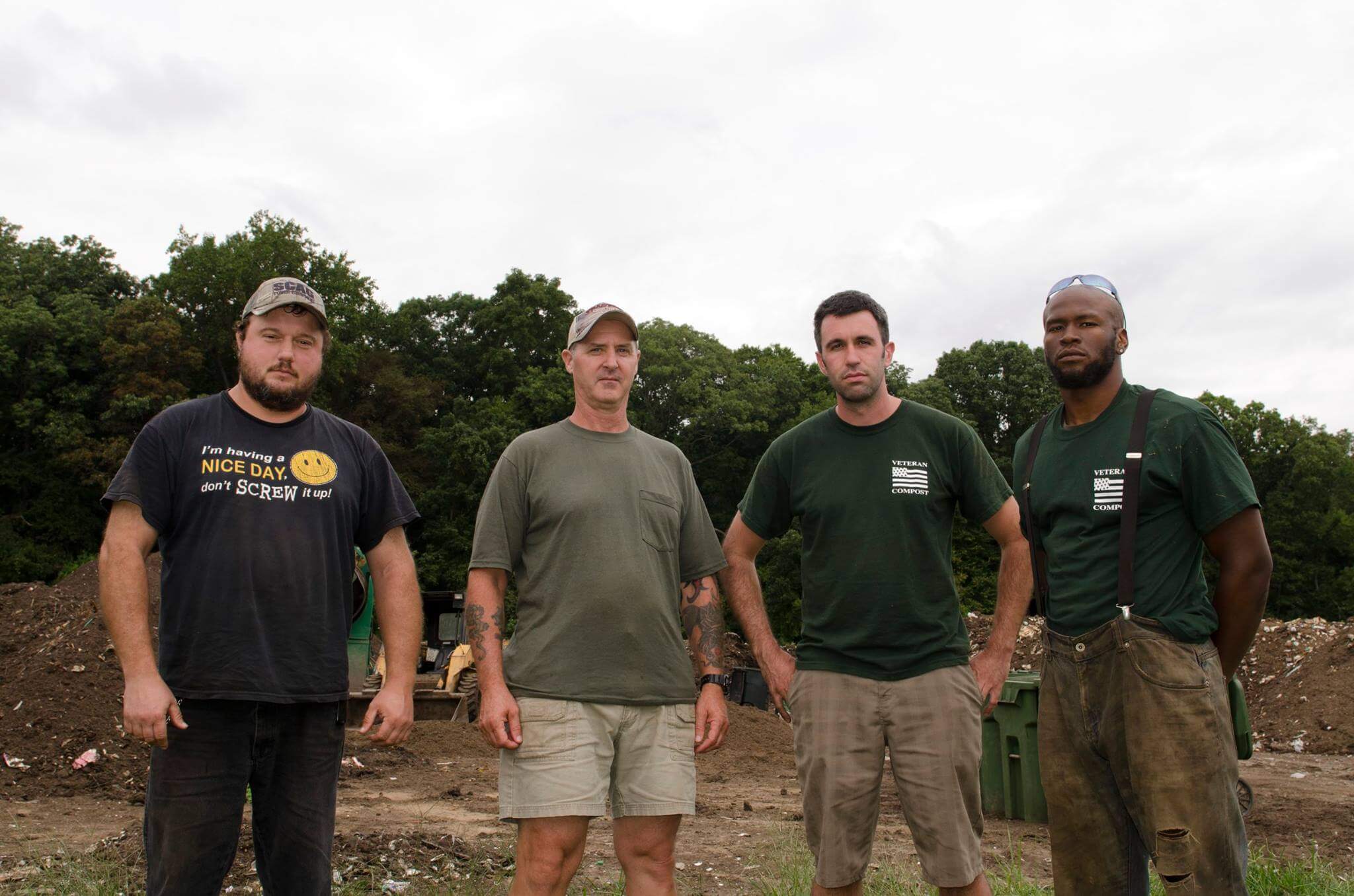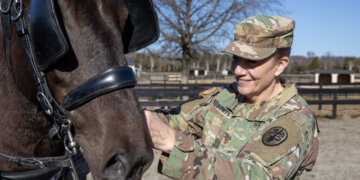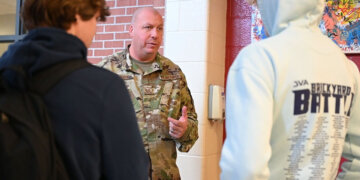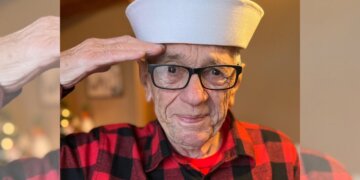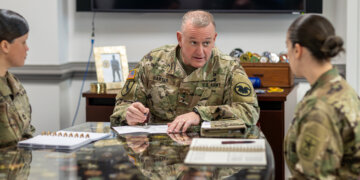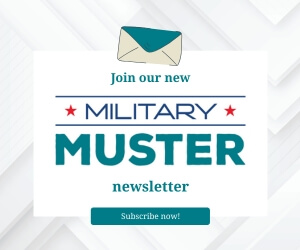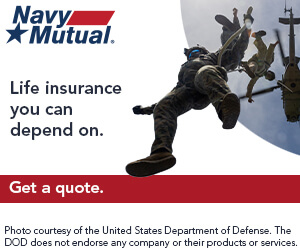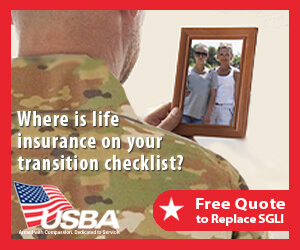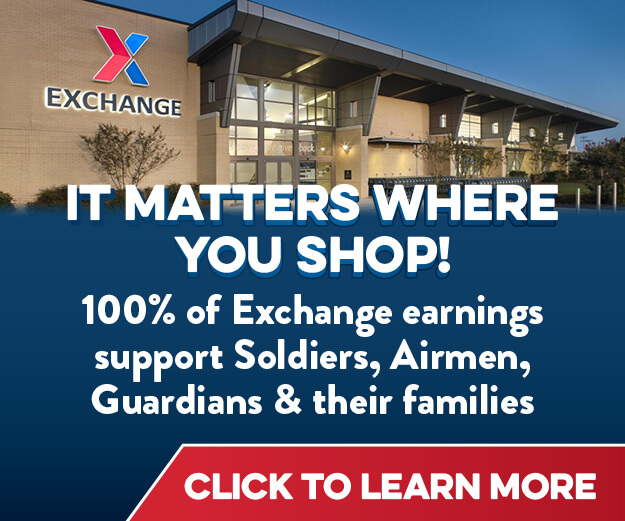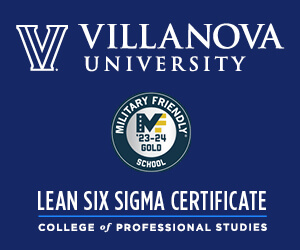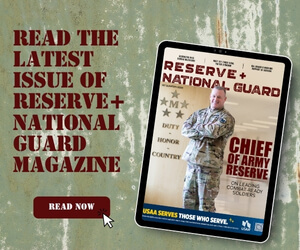The push in recent years to move the needle on veteran employment enabled U.S. employers to gain a greater understanding of translatable skills from military service. Veterans are armed with resiliency, adaptability and the ability to learn quickly, along with a host of proficiencies based on their military occupational specialty. In a pivot from previous trends, companies — large and small — now seek military-affiliated job seekers through proactive recruiting tactics because of the known value these candidates add to the workforce.
Wanted: Veterans

Evan Guzman is a chief veteran advocate and senior vice president of strategic military engagement at AliroVets, a dedicated referral network for the military community. He is a nationally-recognized leader with over two decades of experience in strategic talent acquisition, corporate development, employment marketing and branding.
“I realized early on that veterans face a lot of challenges when seeking employment. I made it my mission to help veterans get a fulfilling job,” Guzman said. “I love my country and I want to pay it forward to those who served. That’s why I’m a champion for veteran employment.”
Guzman is the former global head of Military Programs and Engagement for Verizon, where he successfully navigated the creation, development, implementation and oversight of Verizon’s military engagement program and national branding efforts.
“ … There’s an appetite among companies to hire veterans. Companies don’t need a big budget to accomplish this, but it takes commitment, sweat and effort,” he said.
Nearly 250,000 service members separate annually from the U.S. military, according to Marcus Ohlenforst, a talent programs advisor at USAA. His company has hired approximately 15,000 veterans and military spouses since 2005, and continues to strive towards having 25% of their workforce from this demographic.
“USAA is committed to being an industry leader with its financial products and services, and that same commitment extends to helping service members and their families successfully transition from military to civilian life,” Ohlenforst said.
Gibby Hernandez, a member solutions relationship specialist at USAA, wanted to remain connected to those who served and continue serving in the military.
“I came to USAA because I wanted the opportunity to provide the same world-class service that I was given as an 18-year old soldier in Iraq. It’s important to me to serve my fellow brothers and sisters in arms,” he said.
Visit FIND YOUR PURPOSE to learn about career opportunities at USAA.
Veterans employing themselves and others

After service ends, veterans are also choosing to launch their own ventures as an alternative post-military career solution. Statistics compiled by the U.S. Small Business Administration’s Office of Advocacy confirm more than 2.5 million businesses are majority owned by veterans, which is about 9.1% of all U.S.-owned businesses. More than 400,000 of those veteran-owned businesses employ others.
Ryan Davis deployed to Iraq in 2003. After he separated from the Marine Corps, he joined the police force in Troy, New York. He spent his evenings assembling American wood flags with fellow Marine Anthony Guadagnino. By 2015, this morphed into Veteran Made Woodworks, a thriving business now employing six and offering laser engraving, challenge coin holders and rustic furniture.
“When we first started out, we would literally work out of a garage and a basement making two to three flags over two weeks,” Davis said. “We’ve been able to streamline our process to be able to make lots of 50 in one week now.”
Master Sgt. Robert Hicks works with Guadagnino by day as his supervisor at a military recruiting center. Three years ago, he joined the Veteran Made Woodworks team and is now known in the shop as being the quality control guy.
“Being in the military for over 18 years, I have established a strong brotherhood with many great soldiers and leaders. So, it was a no brainer to become part of the Veteran Made team,” he said.
Veteran Made Woodworks is different from other woodworking businesses for two distinct reasons: patriotism and passion.
“It means a lot to our customers that we are veterans and still serving,” Guadagnino, who transitioned from the Marines to New York Army National Guard, said. “We construct our flags in the same way that we approach the military. In the infantry we do the rustic approach, which means we may be a little rough around the edges. Creating the American flag from scratch, from pieces of wood into something amazing, is something we take immense pride in.”
Justen Garrity founded Veteran Compost, a Maryland-based veteran owned business turning organic waste into compost.
“It’s nice to do purposeful work. Even though the work is tough and dirty, every piece of food waste kept out of the landfill is a win for the planet,” he said.
Since 2010 he has grown the company from himself to 20 employees.
“We pay a living wage, offer a 401k match and have dental insurance. So, as we’ve grown we’ve tried to improve the benefits of working here and hope to do more in the future,” he said. “In the military you learn to take care of the people that you work with, and it’s the same here.”
Garrity’s adds his military service impacts him every day as an entrepreneur.
“When you are in the military you learn that even if you are short on time, manpower and resources — you still have to accomplish the mission,” Garrity said. “So, we do what it takes every day to accomplish our mission with our business.”



